Kaufman is a first-year politics and history major and can be contacted at [email protected].
In 1984, President Reagan signed the National Minimum Drinking Age Act. The act was passed to help reduce alcohol-related traffic accidents. The bill reduced highway funding for states that did not establish a drinking age of 21, effectively creating a national drinking age.
Whether the establishment of a national drinking age has been successful is highly questionable. Mothers Against Drunk Driving claims the action was a success, and alcohol fatalities for those aged 18 to 20 have gone down since the implementation of the 21-drinking age.
The problem with the drinking age is largely the same problem with Prohibition in the 1920s and early 1930s—it doesn’t work. If people want something enough, they will find access to it, regardless of legality.
Who can really blame youth for wanting to consume alcohol? Our culture glamorizes and idolizes those who consume alcohol. Nearly every alcohol commercial contains similar messages: You will have fun; you will be sexy and suave; you will probably have lots of sex, because everyone on the planet will want to have sex with you. With alcohol you can do anything—or so the commercials would have you believe.
The messages relating to alcohol don’t stop when the commercials end. MTV’s “Jersey Shore,” one of many examples of alcohol consumption idolatry, is about the lives of a bunch of drunks partying in New Jersey. One of the most popular cast members of the show is Nicole “Snooki” Polizzi.
Snooki gets paid $30,000 per episode to get drunk and to act stupid. Snooki also can earn as much as $10,000 to make appearances. Instead of showing kids they can be successful by working hard, our culture instead promotes the idea that if you drink and act stupid enough, you can get a TV show.
This is the message our society sends young people today, and the drinking age doesn’t provide reasonable guidance to young people against it. However, if we lower the drinking age and combat how we deal with alcohol in society, we can help foster healthy interaction with alcohol.
We can more closely match the age of consent in this country by returning the drinking age to 18 or even 16. Young people are told they are adults when they are 18, but are not quite adult enough for alcohol. This sends a mixed message to young people.
Also, by reducing the drinking age, we can return power to parents to teach responsible drinking habits. With the drinking age at 21, safe alcohol consumption is too far from adolescence; parents are largely left out of educating their children about safe consumption. The drinking age means high school students are left to drink in secret, and college students have problems with binge drinking. Lowering the drinking age allows parents to take more control over a young adult’s first forays into alcohol consumption by bringing high school-aged consumption out of the shadows.
We also need to work on how alcohol is viewed in our society. Instead of being honest about alcohol consumption, our culture labors under a delusion that alcohol will solve all problems and make life wonderful, and we combine this with forbidden mystique that a 21-year-old drinking age adds.
We need to be honest that alcohol consumption can be enjoyable, but also remember that it should be done safely, in moderation.

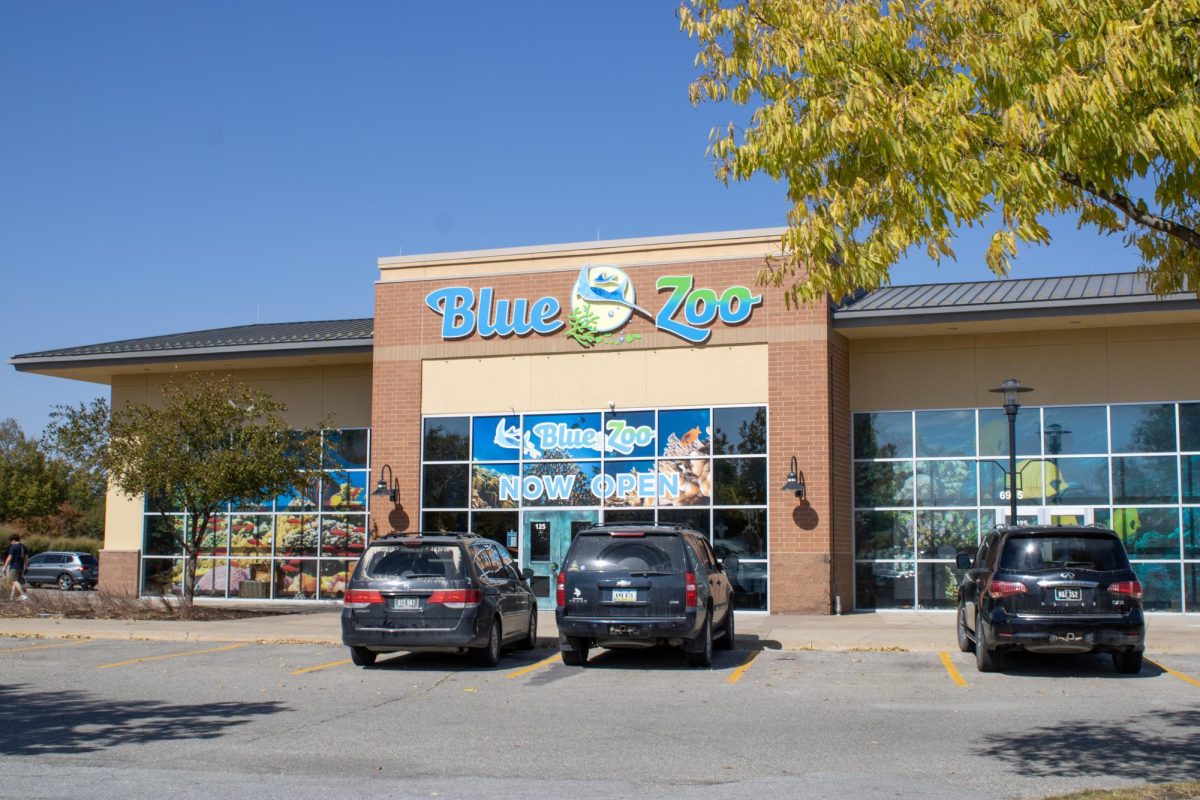
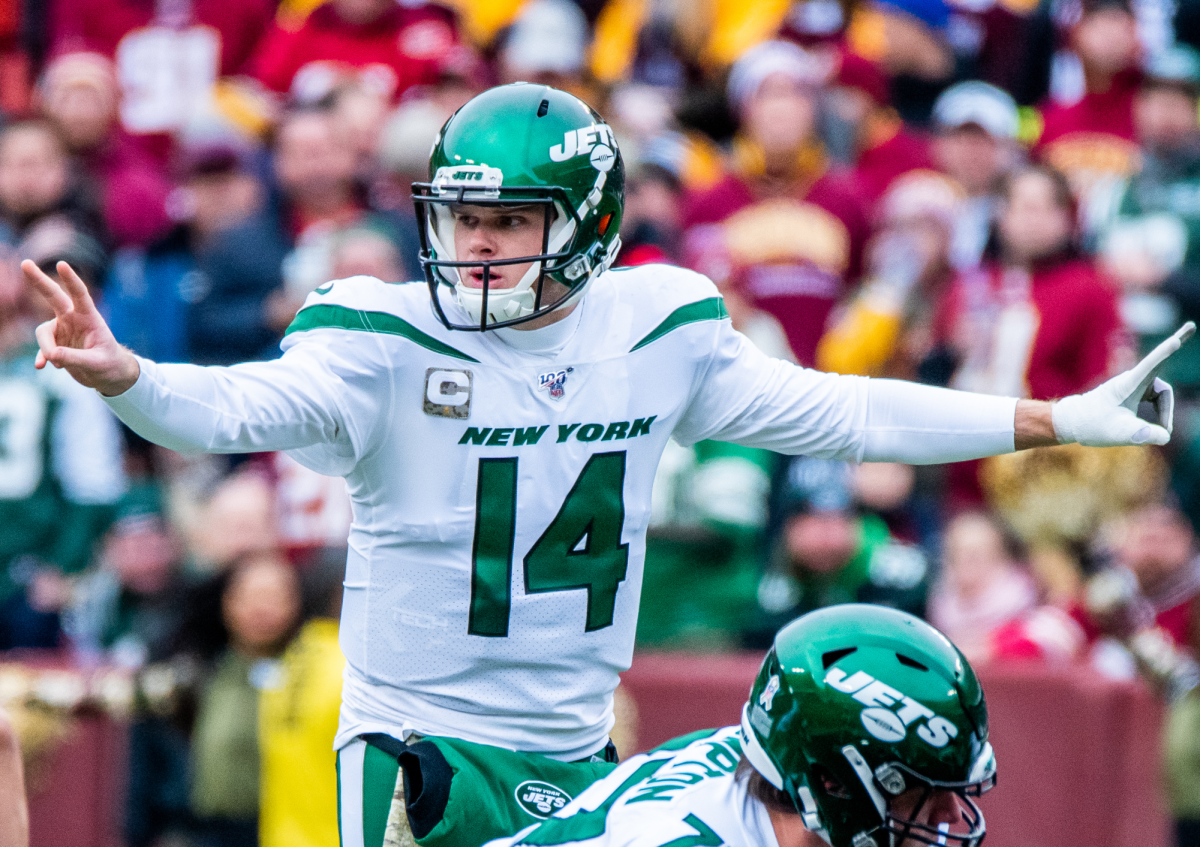

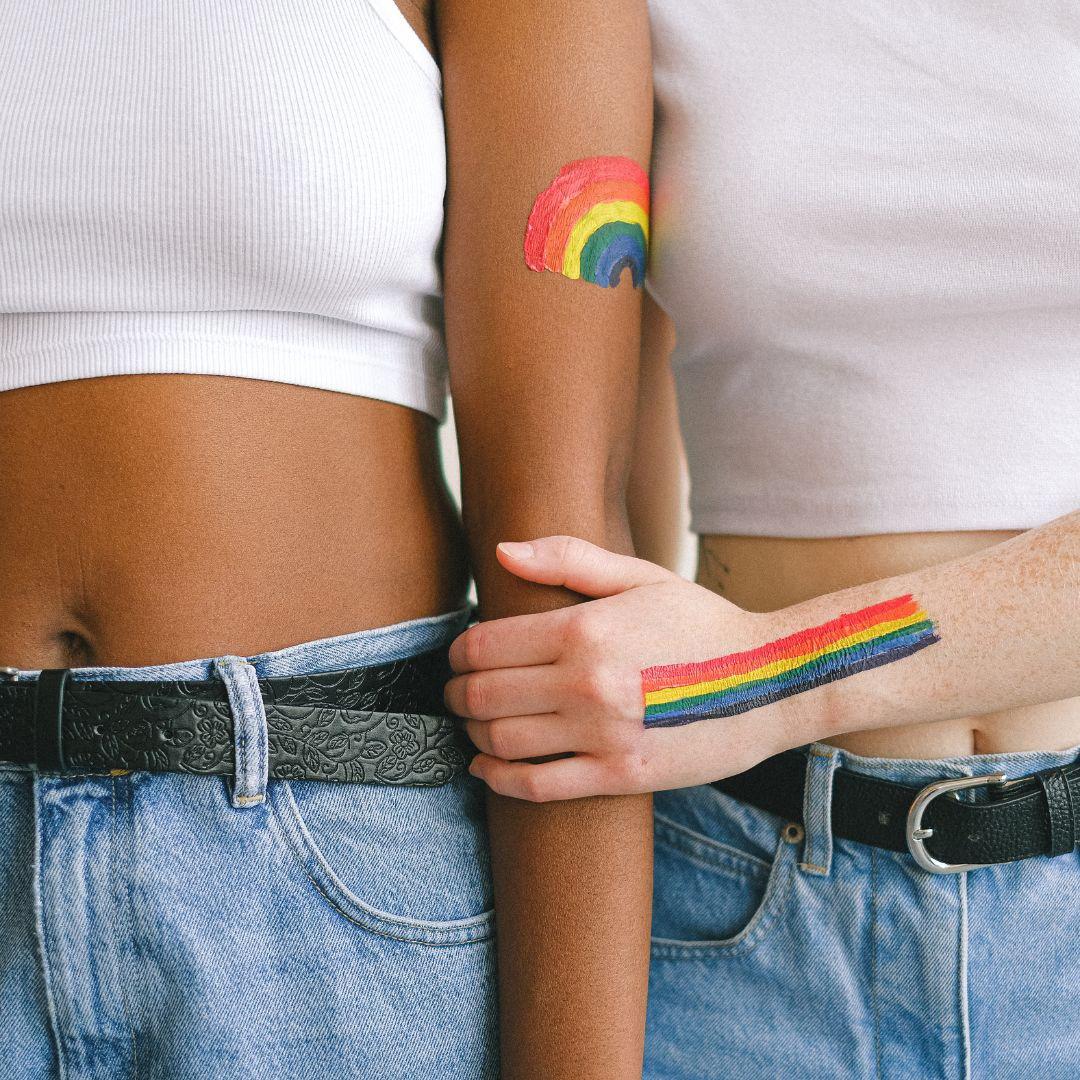
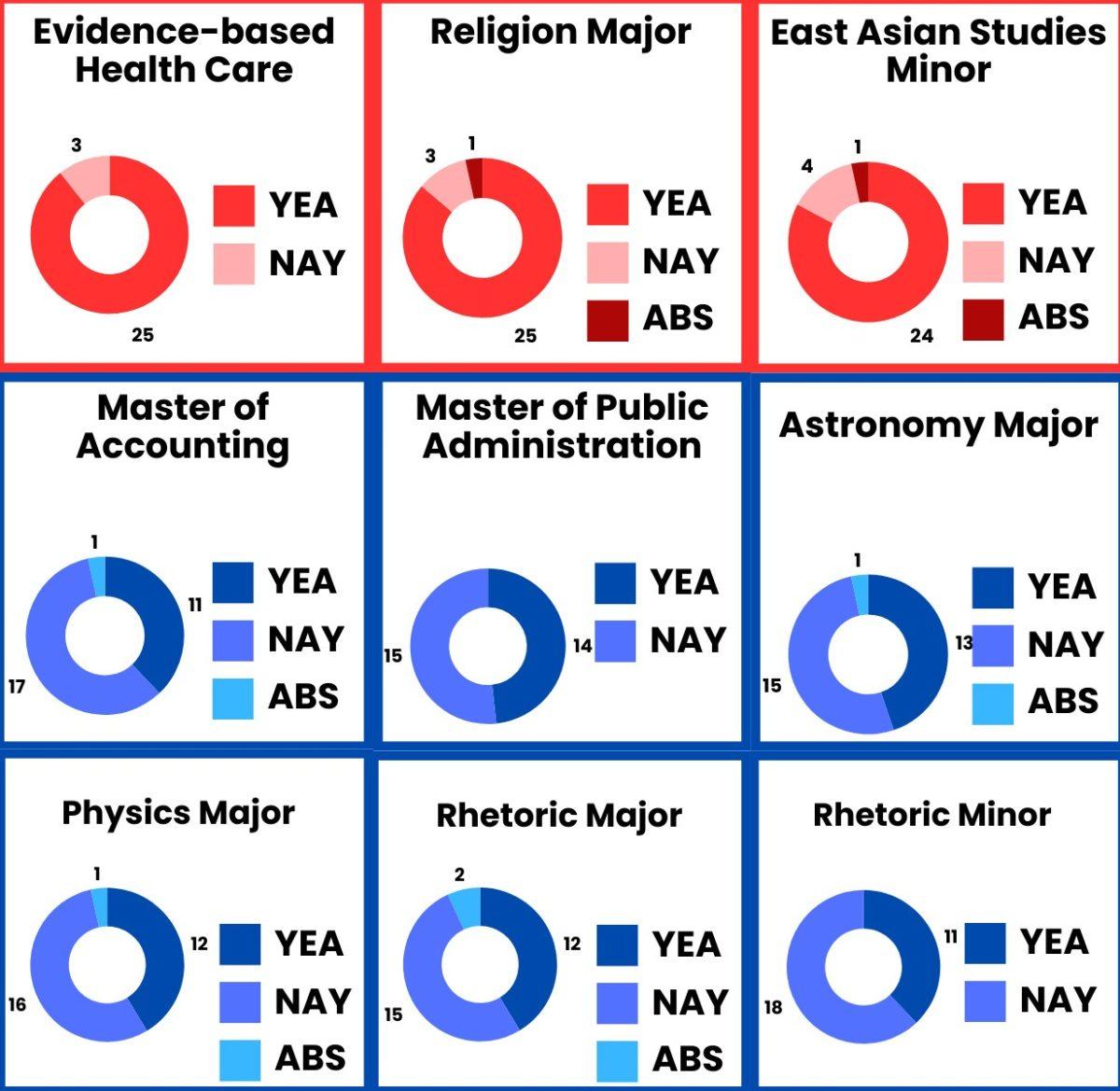
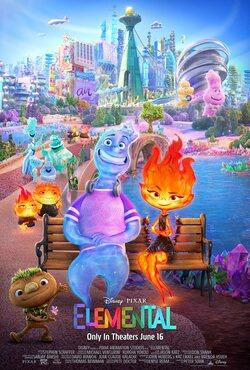
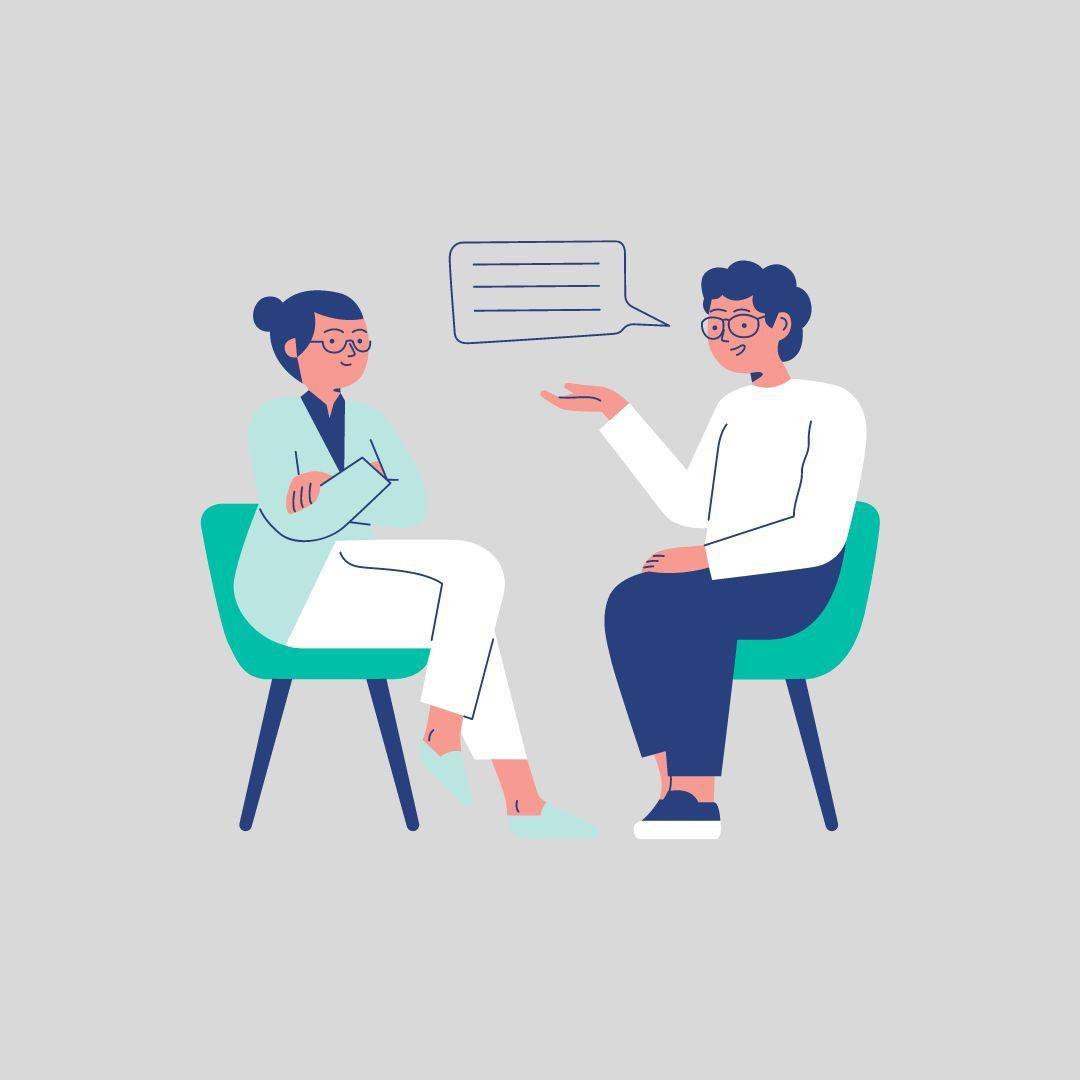
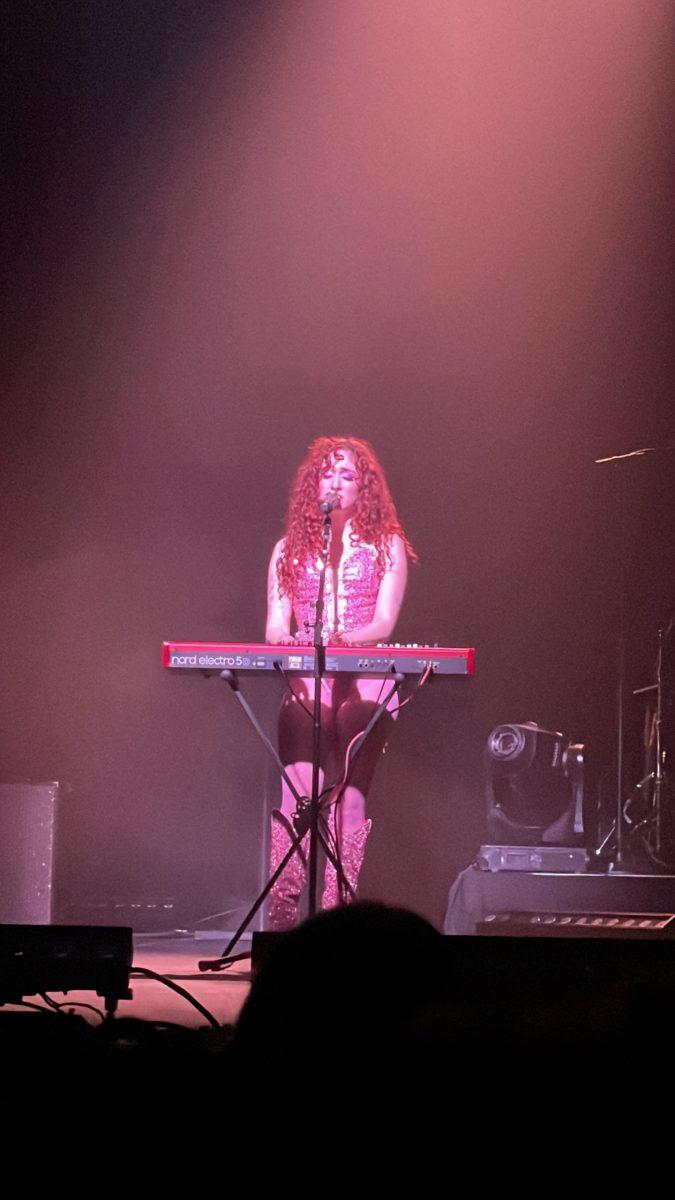

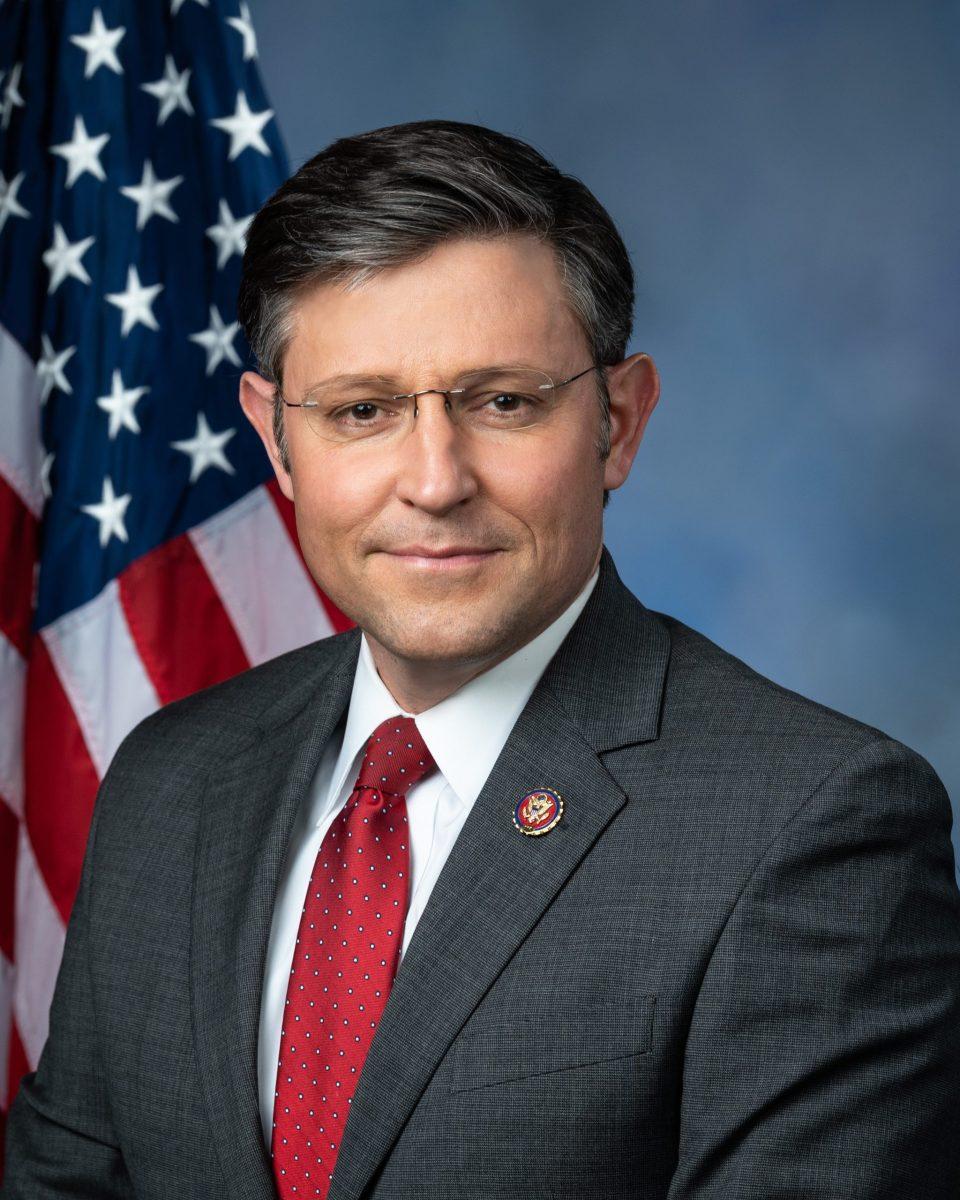
PJ • Apr 30, 2011 at 6:31 pm
In D.A.R.E. and in health class we were taught alcohol can adversely affect the development of the brain, especially in the still-formative years before 21.